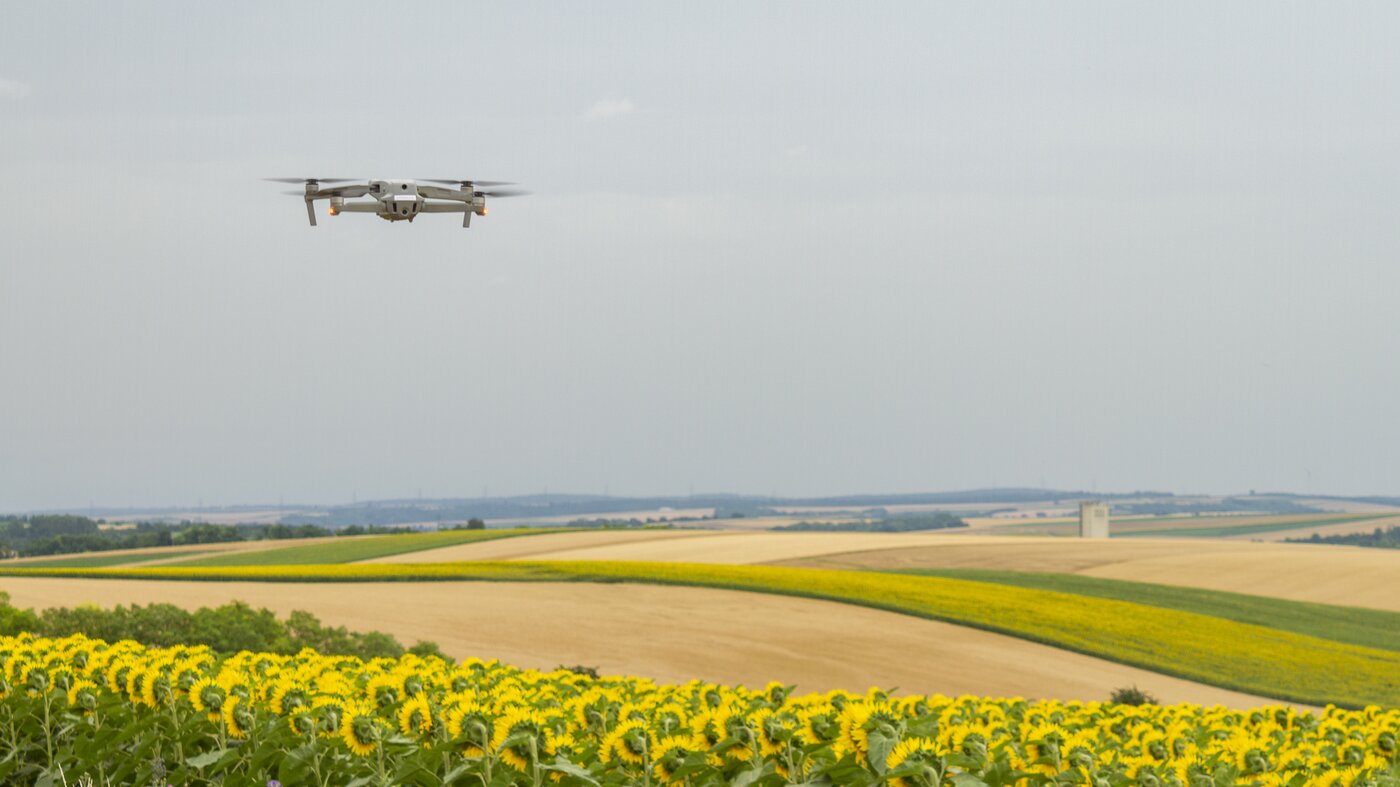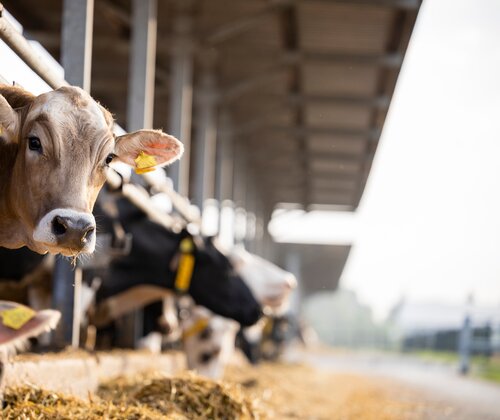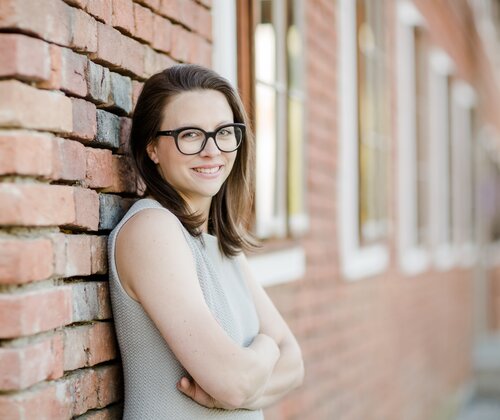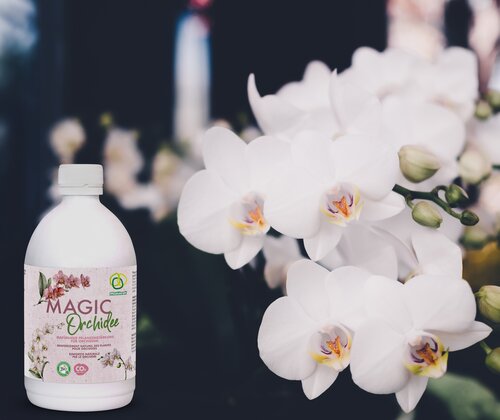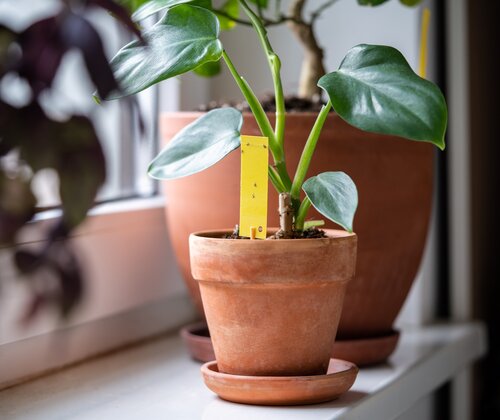Exciting innovations are being developed here
The history of Multikraft began over 40 years ago with the search for eco-friendly alternatives and sustainable solutions in the field of agriculture and animal feeds. For this reason, we have very strong links with animal husbandry and plant cultivation and follow all the latest developments and findings with great interest.
The history of Multikraft began over 40 years ago with the search for eco-friendly alternatives and sustainable solutions in the field of agriculture and animal feeds. For this reason, we have very strong links with animal husbandry and plant cultivation and follow all the latest developments and findings with great interest.
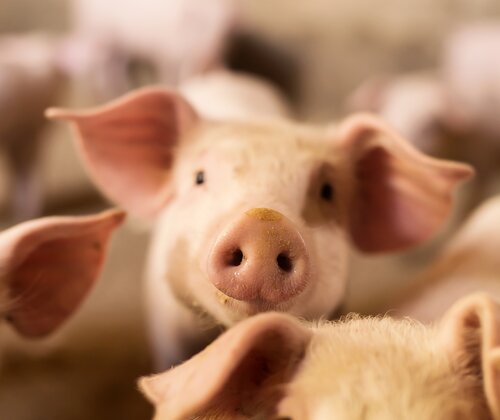
Marcus Fattinger has overcome a crucial challenge at his Upper Austrian breeding farm: the rapid spoilage of feed. By using Fermented Herbal Extract (FHE), he has not only improved feed preservation but also the health of his pigs.
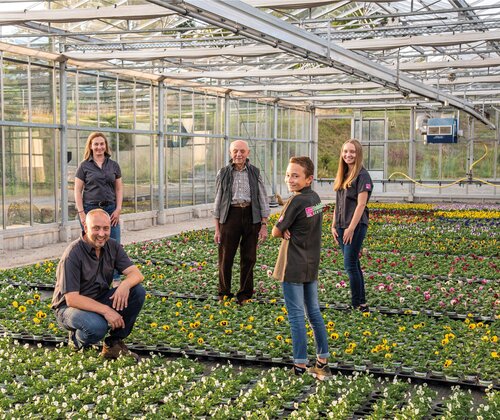
Since January 2019, the Steinhilber nursery in Neustadt an der Waldnaab in Bavaria has been working consistently without pesticides. Changes in crop management, the use of beneficial organisms and the Multikraft biostimulant are crucial to success.

Many horticultural businesses and their customers are interested in preventative, plant-strengthening products, such as those from Multikraft. Frank Korting from the Rhineland-Palatinate Rural Service Centre in Germany has done some research and reports on his findings.
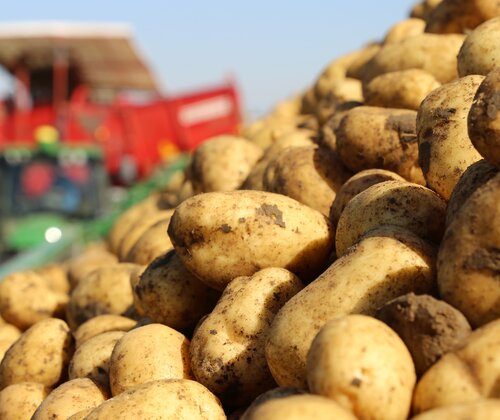
Kurt Kirchmayr from Pupping is a founding member of the Eferdinger Landl potato/vegetable group, which acts as a direct supplier for Billa, Spar and Hofer. They cannot afford crop failures. He has been successfully experimenting with the Multikraft system on his potato fields for two years. The 2023 season brought a harvest increase of around 4.5 tonnes per hectare - an impressive increase of around ten per cent.
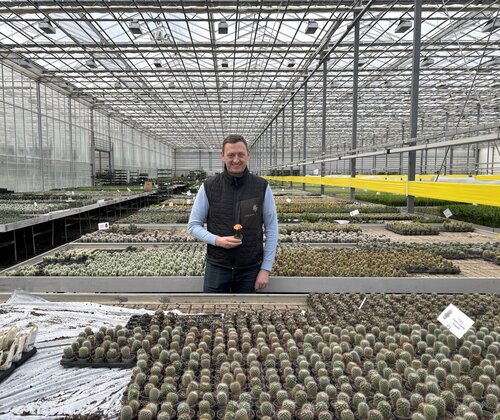
MK Start is used for potting at the Lundager nursery in Denmark. The loss rate of 0 % speaks for compact, strong plants that are able to defend themselves against fungal diseases.
The Lundager nursery in Odense is one of the best addresses for small ornamental plants in Denmark. Ove and his wife Olga run the business, which is constantly growing and supplies garden centres throughout Europe with its products. Preventive plant health is particularly important in glasshouses, because otherwise the plants can hardly protect themselves against fungal infestation and other diseases.
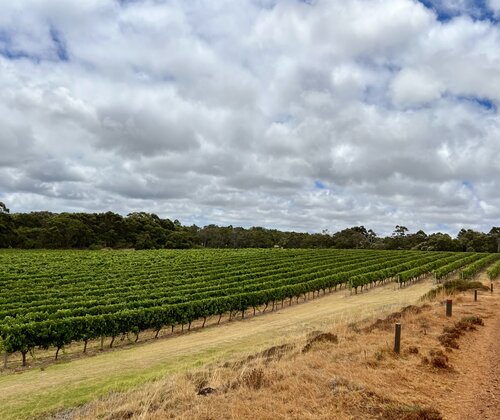
Conor O'Brien, CEO of Multikraft Probiotics Australia, shares impressive results: The use of Multikraft's biostimulants has resulted in yield increases of up to 35 per cent. This innovation not only improved quality, but also enabled a drastic reduction in the use of fungicides and pesticides on the cultivation areas.
Multikraft has been represented in Australia since 2014. Conor O'Brien is particularly proud of the successful development in Margaret River in the south-west of Western Australia - one of the youngest wine regions in the world, which has achieved international recognition in record time. Multikraft looks after a large number of winegrowers there, including Cherubino Vineyards, Australia's most award-winning winery.
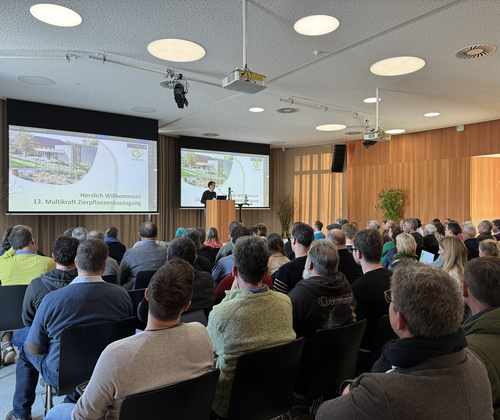
Sustainable plant fortification, peat-free substrates, the multi-weed system in viticulture and many other field reports and experiments were presented at the Ornamental Plants & Vegetables Conference 2024. Gardeners shared their practical experience in the use of plant strengtheners, which enable pesticide reduction through regular use. Frank Korting from DLR Rhineland-Palatinate reported on his trial results on the multi-weed system using the cold fog method.
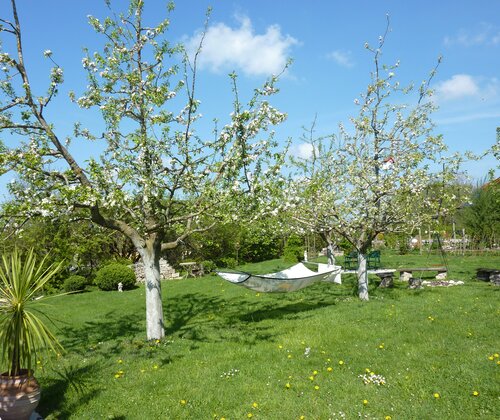
Johannes Lenzenweger lives with his partner in a converted farm on a plot of about 3,700 m² in Straßwalchen in Salzburg. On the wall of the house hang the plaques "Life raft for biodiversity" and one from "Nature in the garden". Both certificates describe well what his garden is all about. The trained fruit tree keeper cares for his fruit trees with love and, for about twenty years, also with Effective Microorganisms.
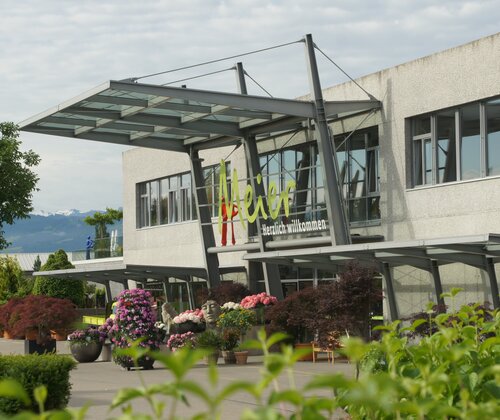
Erwin Meier Senior from Gartencenter Meier in Dürnten, Switzerland, is considered a plant expert. In an interview, he gives insight into the development of the family business and the importance of Effective Microorganisms and a healthy soil.
"With Urban Jungle we have achieved great success in reducing fungus gnats."
Try the Multikraft well-being blog, which has great recipes, beauty tips and much more.
In the Multikraft home and garden blog, you will find useful tips for your home and interesting articles about gardening.
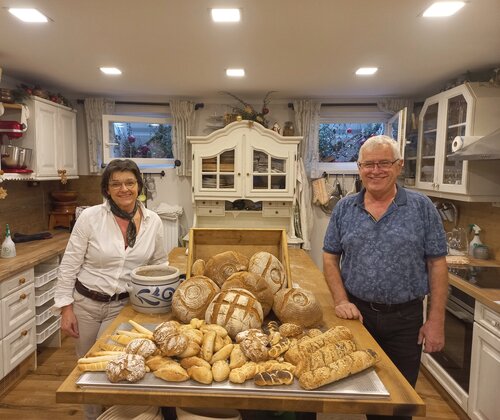
Katharina Sützl sees self-sufficiency as a comprehensive concept that includes one's own garden as well as one's own body and a functioning network. When she started baking bread in 2008, she had no idea that ten years later she would be offering various courses on bread baking, self-sufficiency and other topics. The Salzburg native always emphasises the appreciation of nature and food and gives practical tips on how self-sufficiency can succeed.
